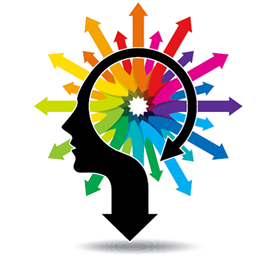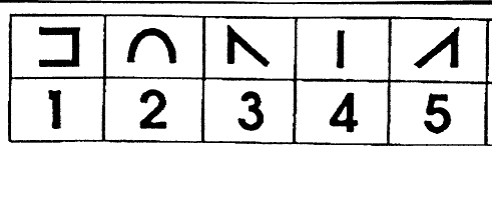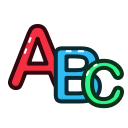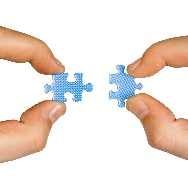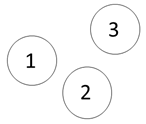Free assessment and treatment resources |
Assessment ResourcesDisclaimer: All materials sold by ASSBI Resources have been peer-reviewed and deemed suitable for distribution. Copyright of such materials remains with the authors. The views expressed in materials distributed through ASSBI Resources are not necessarily those of ASSBI, nor does ASSBI suggest that the use of such resources will lead to significant benefits. Consumers should conduct their own independent research to ascertain the validity of any claims made. |
|
|
OSTRICH: ObServation Tool and Resource for Inclusive Communication in Healthcare A tool which helps health services check how accessible their communication is. | Cognitive Communication Checklist for Acquired Brain Injury (CCCABI) with references | Symbol Digit Modality Test |
Contingency Naming Test for school age children Download Scoring Document HERE Download supporting reference HERE |
Emotion Recognition Task (ERT) Kessels, R.P.C., Montagne, B., Hendriks, A.W., Perrett, D.I, & De Haan, E.H.F. (2014). Assessment of perception of morphed facial expressions using the Emotion Recognition Task (ERT): Normative data from healthy participants aged 8-75. Journal of Neuropsychology, 8, 75-93 The ERT, developed by Barbara Montagne, Roy Kessels, David Perrett and Edward de Haan, is a computerized task to assess the perception of facial expressions. The task presents morphed facial expressions that gradually increase in intensity. The participant or patient has to indicate after each morph which emotion is shown by Data of individual participants are stored at the level of each trial for research purposes, but an aggregated PDF report is also generated per individual, showing the individual’s performance as percentile for each emotion as well as the total score. The ERT has been validated in several patient groups, including stroke, autism spectrum disorders, neurosurgery patients, TBI, PTSD, Huntington’s disease, Noonan and Turner syndrome, FTD, MCI and AD. Instructions and interface are available in several languages, including English, Dutch, German, and Portugese The ERT is part of the Diagnosels neuropsychological test environment by Metrisquare and can be run on any computer free of charge. In patients, the best responses are obtained when using a touch-sensitive screen available from Metrisquare, but mouse clicking is also possible. Free accounts are available for psychologists. For more information follow this link Download supporting reference HERE |
Treatment Resources and Normative Data |
|
|
|
Errorless Learning in dementia: Videos for use with manual (videos are free to download) |
|
|
|
Norms for mid adult Maori and White New Zealanders from lower socioeconomics class on a range of Wechsler subtests and executive tests (Ogden et al)
Member's Only |

